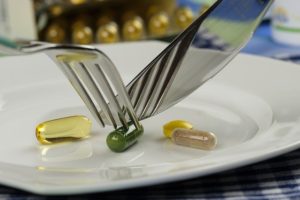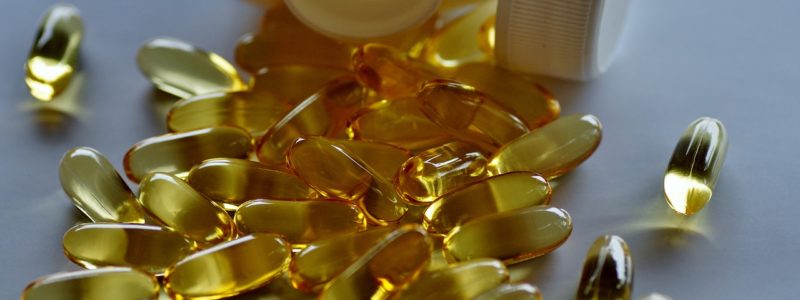When it comes to dietary supplements, there are a lot of factors that go into pricing. From the cost of ingredients to the amount of research and development that goes into each product, there are several reasons why prices vary from brand to brand. In this blog post, we will discuss some of the critical factors that influence the cost of top metabolism booster supplements. By understanding these factors, you can make more informed decisions about which pills are best for you and your budget.
The Raw Materials
 One of the most significant factors that influence the price of dietary supplements is the cost of raw materials. Depending on the ingredients used, supplements can be pretty expensive to produce. For example, products containing rare or hard-to-find ingredients will typically be more costly than those with more common elements. Also, the quality of the ingredients can impact price. In general, higher quality ingredients will cost more than lower quality ones.
One of the most significant factors that influence the price of dietary supplements is the cost of raw materials. Depending on the ingredients used, supplements can be pretty expensive to produce. For example, products containing rare or hard-to-find ingredients will typically be more costly than those with more common elements. Also, the quality of the ingredients can impact price. In general, higher quality ingredients will cost more than lower quality ones.
Supplement Packaging
The type of packaging can also influence the price of dietary supplements. Some brands use more expensive packaging to stand out on store shelves, while others focus on keeping costs low to offer more competitive prices. However, you can expect to pay more for supplements that come in individual packets or single-serve containers.
Dose Form
Another factor that can affect the price of dietary supplements is the dose form. Some supplements come in pill form, while others are available as powders or liquids. The cost of production for each type of supplement can vary, so it’s essential to consider this when comparing prices. For example, a bottle of pills may cost more than a tub of powder, but you may need to take more drugs to get the same amount of the active ingredient.
Ingredient Sources
 Finally, the source of ingredients can also affect the price of dietary supplements. For example, supplements that use organic or sustainably sourced ingredients will typically be more expensive than those made with conventional components. In addition, products certified by third-party organizations may also cost more than those that are not. However, these products may offer additional benefits like peace of mind or quality assurance. As you can see, there are a lot of factors that go into the pricing of dietary supplements. By understanding these factors, you can make more informed decisions about which products are best for you and your budget. Do you have any questions about the pricing of dietary supplements? Let us know in the comments below.…
Finally, the source of ingredients can also affect the price of dietary supplements. For example, supplements that use organic or sustainably sourced ingredients will typically be more expensive than those made with conventional components. In addition, products certified by third-party organizations may also cost more than those that are not. However, these products may offer additional benefits like peace of mind or quality assurance. As you can see, there are a lot of factors that go into the pricing of dietary supplements. By understanding these factors, you can make more informed decisions about which products are best for you and your budget. Do you have any questions about the pricing of dietary supplements? Let us know in the comments below.…

